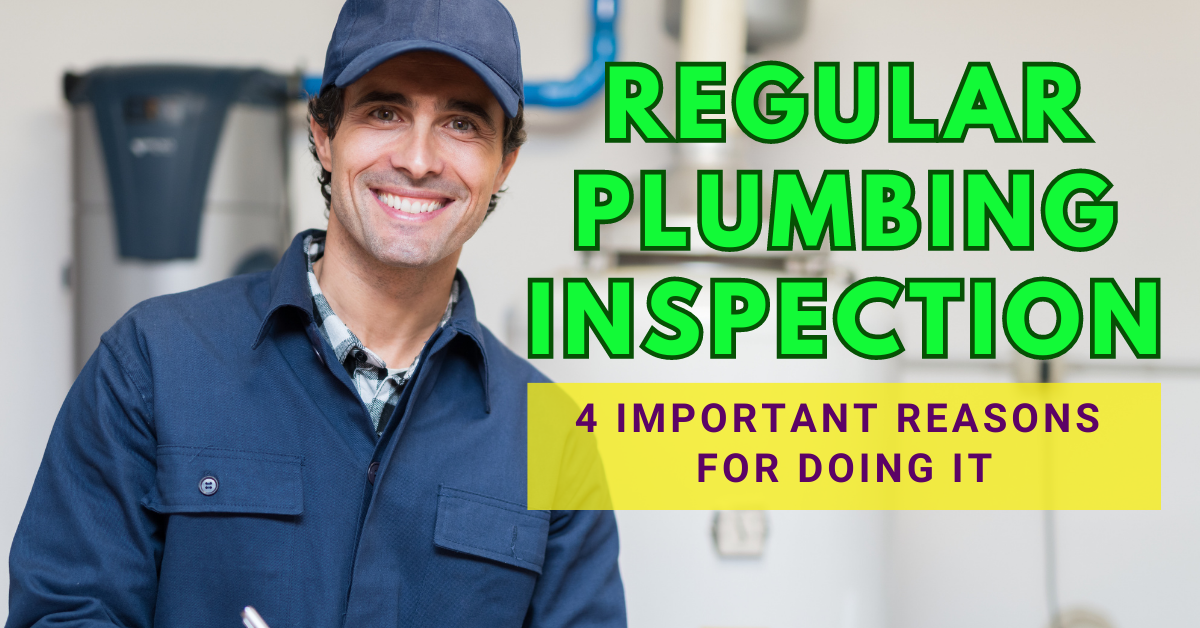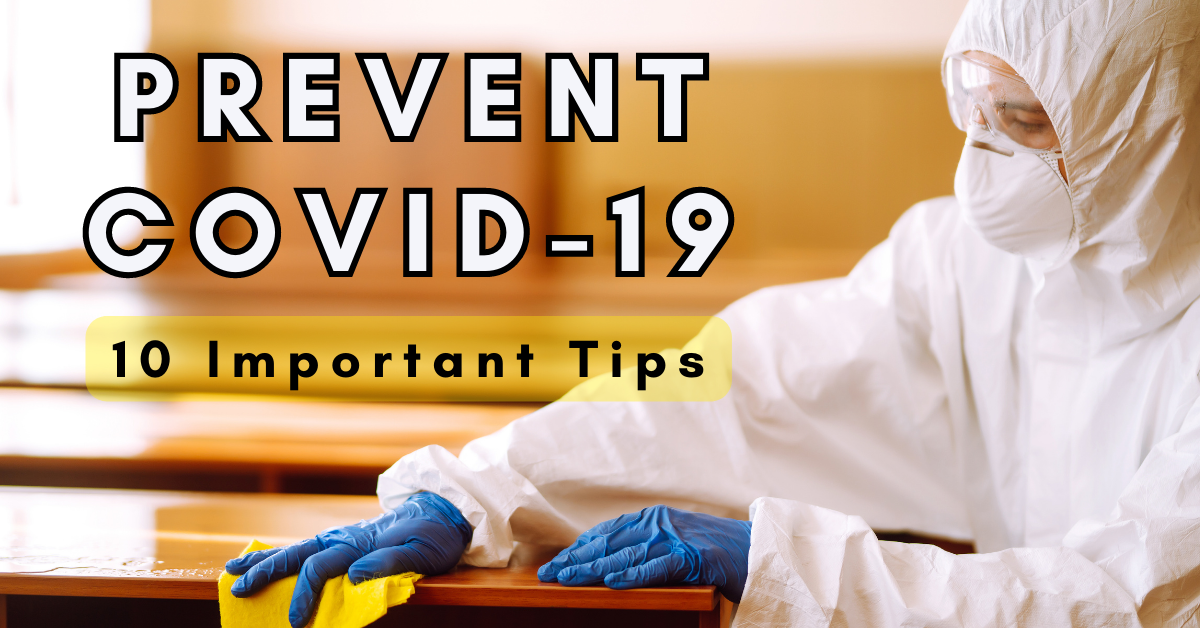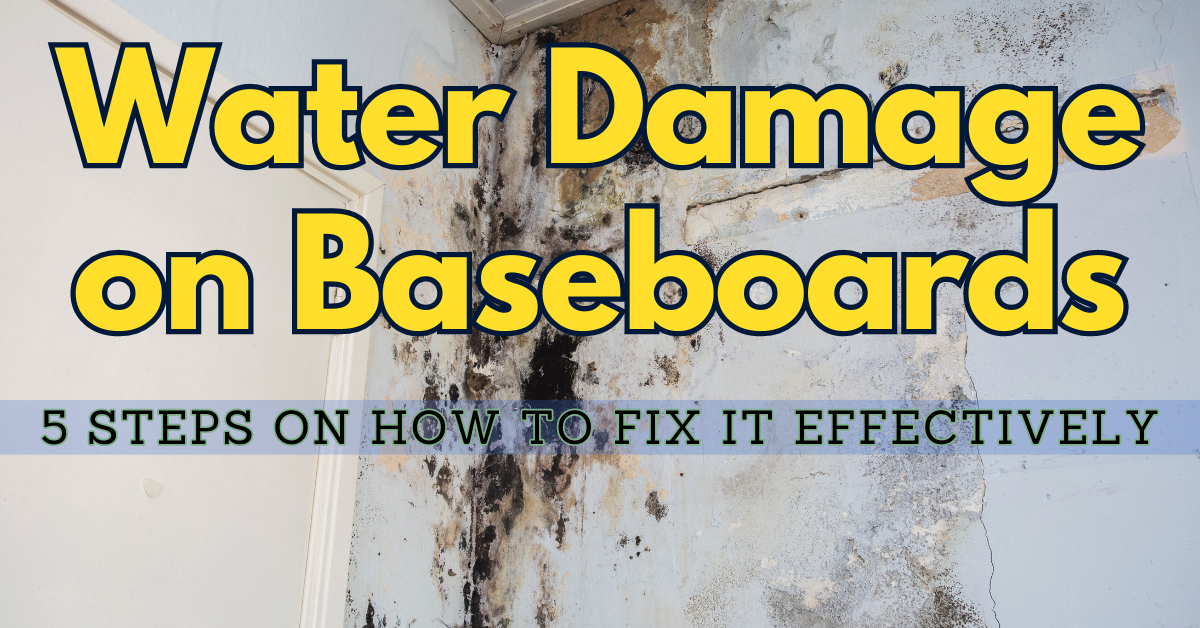 Regular plumbing inspection at home is an essential practice that homeowners must prioritize to ensure the smooth functioning of their plumbing systems. Over time, plumbing components can wear out, develop leaks, or become clogged, leading to potential water damage, costly repairs, and inconvenience. But, How do we do that? By proactively scheduling routine plumbing inspections, you can detect any underlying issues early on and prevent them from escalating into major problems.
Regular plumbing inspection at home is an essential practice that homeowners must prioritize to ensure the smooth functioning of their plumbing systems. Over time, plumbing components can wear out, develop leaks, or become clogged, leading to potential water damage, costly repairs, and inconvenience. But, How do we do that? By proactively scheduling routine plumbing inspections, you can detect any underlying issues early on and prevent them from escalating into major problems.
Take this instance – a burst pipe in the kitchen. The pipe bursts and floods the kitchen and after you have switched off the water, you now have to clean the floors, dry everything, repair the damaged pipe and watch out in the future for the development of balls and mildew. If, however, you did a regular plumbing inspection and you replace the damaged pipe before it bursts you will not have to do any of those things.
To prevent water damaging your kitchen you may need to inspect pipes regularly. To prevent water from seeping into your home during the rainy season you may need to get up on the roof and repair damaged tiles. Whatever maintenance or repair is required it is far better to do the repair before it becomes a one big major disaster.
Why Is It Important to Have a Regular Plumbing Inspection?
Most of the time, we tend to ignore signs of water damage in our homes. Thus, we only act on it once it bursts and gives us a huge problem. With this, having a regular plumbing inspection is crucial for several reasons.
1. First and foremost, it helps identify and address any potential issues or hidden problems with your plumbing system early on. By catching problems such as leaks, pipe damage, or clogs in their initial stages, you can prevent them from worsening and causing extensive damage or expensive repairs down the line.
2. Regular plumbing inspections also ensure the optimal performance and efficiency of your plumbing system. Through inspections, professionals can assess the condition of your pipes, fixtures, and other components, identifying areas that may be affecting water flow or causing inefficiencies. Addressing these issues promptly can improve water pressure, reduce water waste, and ultimately save you money on utility bills.
3. Furthermore, plumbing inspections play a crucial role in maintaining the health and safety of your home. They help identify potential risks such as mold growth, water contamination, or faulty connections that could lead to leaks or even waterborne diseases. By addressing these issues proactively, you can create a healthier living environment for you and your family.
4. Overall, regular plumbing inspections provide peace of mind, knowing that your plumbing system is in good working condition and that any potential problems are being taken care of promptly. It is an investment in the long-term integrity and functionality of your home, helping you avoid costly repairs, minimize water wastage, and ensure a safe and comfortable living space.
Have it Done Regularly!
In a world of smartphones and Internet connectivity, it is no issue at all to do an examination at least once every six months. Make a plan of the time you will conduct an inspection and set up reminders for yourself. If you set up a reminder once a month to inspect the plumbing of your home, not only can you catch problems before they happen but you will also have a great ease of spirit knowing that your home is free from flooding. It needs not be an exhaustive inspection every time, but at least once every six months that you should thoroughly inspect the plumbing of your home.




